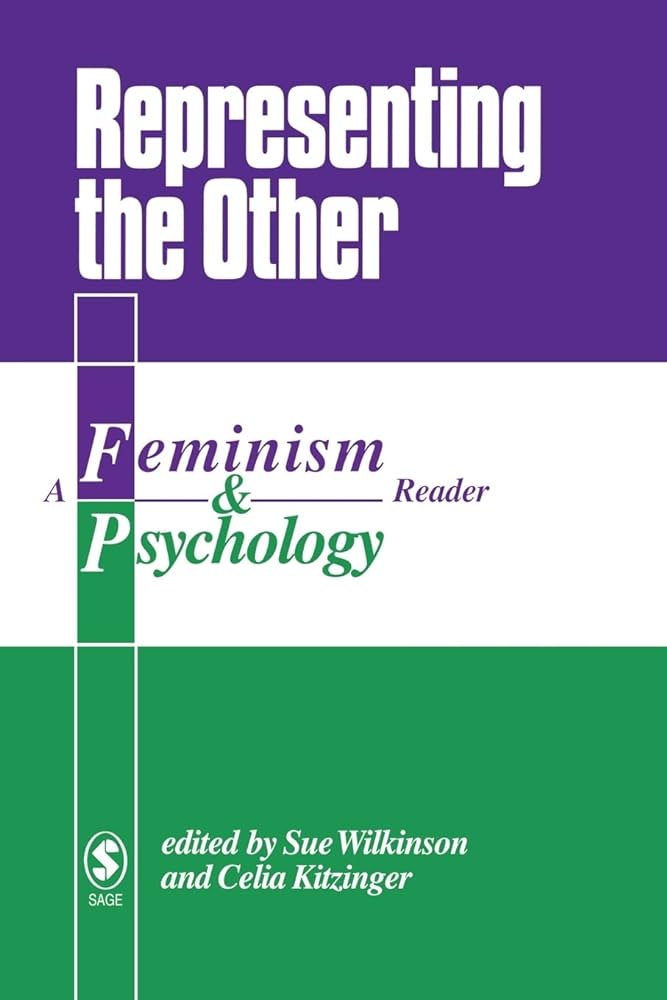规范“失信病人”:厌食症住院治疗记录中“信任”与“不信任”的建构
IF 1.9
3区 心理学
Q2 PSYCHOLOGY, MULTIDISCIPLINARY
引用次数: 14
摘要
信任一直被视为治疗关系的关键。然而,由于人们认为厌食症是最难治疗的疾病之一,而且患者“抗拒治疗”,因此在患者和治疗提供者之间实现信任可能具有挑战性。本文从14位有厌食症住院治疗经历的妇女的半结构化访谈中获得定性数据,以分析信任和不信任如何在治疗环境中出现。在这样做的过程中,文章借鉴了女权主义的方法,这些方法批判了“狡猾的”“厌食症”的概念,以及产生这些结构的临床话语。我们的分析表明,在住院病人的环境中,对病人缺乏信任——特别是“声音”的丧失——这对参与者的主观性有许多后果,包括自尊的侵蚀;消极怠工;退出/终止治疗;并引发创伤经历。因此,我们的分析提出了严重的问题,即参与者所描述的厌食症住院治疗中的常规治疗做法,以及将“厌食症”构建为操纵性和不可信的严重后果。本文章由计算机程序翻译,如有差异,请以英文原文为准。
Regulating “untrustworthy patients”: Constructions of “trust” and “distrust” in accounts of inpatient treatment for anorexia
Trust has been seen as a lynchpin of therapeutic relationships. Yet due to perceptions that anorexia is one of the most difficult illnesses to treat and that patients are “treatment resistant”, achieving trust between patient and treatment provider may be challenging. This article draws on qualitative data from 14 semi-structured interviews with women who have experience of inpatient treatment for anorexia in order to analyse how trust and distrust figured in treatment contexts. In so doing, the article draws upon feminist approaches which are critical of conceptions of the “devious” “anorexic” and of the clinical discourses within which these constructions are produced. Our analysis suggests a lack of trust shown toward patients in inpatient contexts – particularly a disqualification of “voice” – which has a number of consequences for participants’ subjectivities, including the erosion of self-esteem; demotivation; dropping out/termination of treatment; and triggering experiences of trauma. As such, our analysis raises serious questions about what participants described as routine treatment practices in inpatient treatment for anorexia, and about the serious consequences of constructing “anorexics” as manipulative and untrustworthy.
求助全文
通过发布文献求助,成功后即可免费获取论文全文。
去求助
来源期刊

Feminism & Psychology
Multiple-
CiteScore
3.30
自引率
11.10%
发文量
51
期刊介绍:
Feminism & Psychology provides a forum for debate at the interface between feminism and psychology. The journal"s principal aim is to foster the development of feminist theory and practice in – and beyond – psychology. It publishes high-quality original research, theoretical articles, and commentaries. We are interested in pieces that provide insights into the gendered reality of everyday lives, especially in relation to women and girls, as well as pieces that address broader theoretical issues. Feminism & Psychology seeks to publish work from scholars, researchers, activists and practitioners at all stages of their careers who share a feminist analysis of the overlapping domains of gender and psychology.
 求助内容:
求助内容: 应助结果提醒方式:
应助结果提醒方式:


